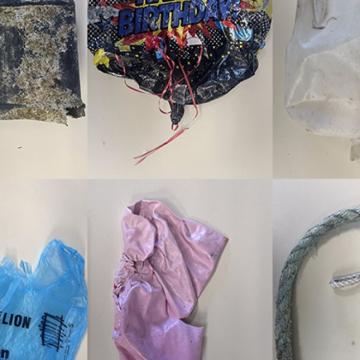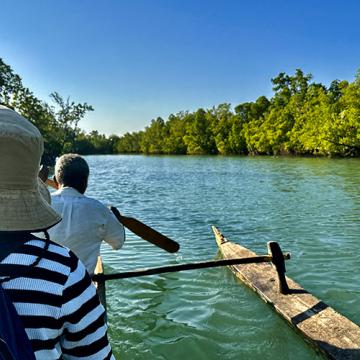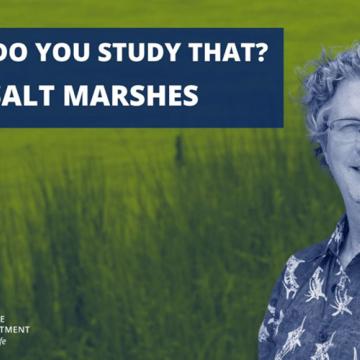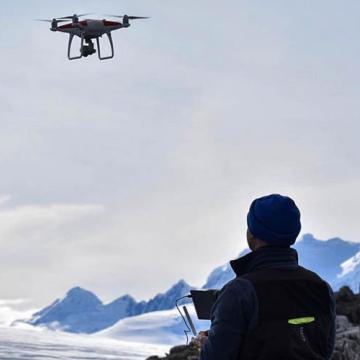-
NewsA Duke Forest tour featured research from the SEEDS Lab.
-
NewsCrab behavior suggestive of wound-tending may improve coral tolerance to heat waves.
-
NewsSatellite records show spectacular vegetation growth coinciding with the first year of the pandemic. Researchers investigated whether lockdowns played a role.
-
NewsMeet the Doyle Lab, learn more about its research focus, a lab member's experience in the lab and the opportunities the lab offers Duke students.
-
NewsJournals focused on ferns, clams, or coral reefs had proportionally more of their articles cited by the federal government when protecting species than more prominent, higher-impact journals
-
NewsAnimals that hunt in the dark with sonar may not be able to tell junk from squids
-
NewsMeet the Ocean Synthesis Lab, learn more about its research focus, lab members' experiences in the lab and the opportunities the lab offers Duke students.
-
NewsBrian Silliman, Rachel Carson Professor of Marine Conservation Biology at Duke, explains why he studies salt marshes in coastal North Carolina: They increase production of seafood, help protect against storms, and clean the air. With climate change causing stress to these organisms, coastal communities are more vulnerable. ”Duke is very active in the conservation and restoration of salt marshes,” says Silliman.
-
NewsEighteen emerging leaders from water and wastewater utilities across the United States have been selected as 2024-2025 Fellows of the Nicholas School for the Environment at Duke University’s Water Innovation Leadership Development (WILD) Environment+ program.
-
NewsReforestation in low- and middle-income countries can remove up to 10 times more carbon dioxide from the atmosphere at lower cost than previously estimated, making it a potentially more effective option to fight climate change.
-
NewsA new study co-authored by Binbin Li and Stuart Pimm outlines what is needed for conservation to benefit both nature and people.
-
NewsScientists have created a research framework to incorporate ecological theory – mathematical models and concepts to understand interactions and dynamics of ecosystems – into ecosystem management and planning to more effectively scale restoration and counter rising carbon dioxide emissions globally.
-
NewsAn international team of scientists has revealed high levels of toxic metals in global phosphate fertilizers using a variant of the element strontium to uncover such metals in soil, groundwater and possibly the food chain.
-
NewsMeet the Marine Robotics and Remote Sensing Laboratory, learn more about its research focus, lab members' experiences in the lab and the opportunities the lab offers Duke students.
-
NewsExchangeable manganese cuts carbon storage in boreal forests














